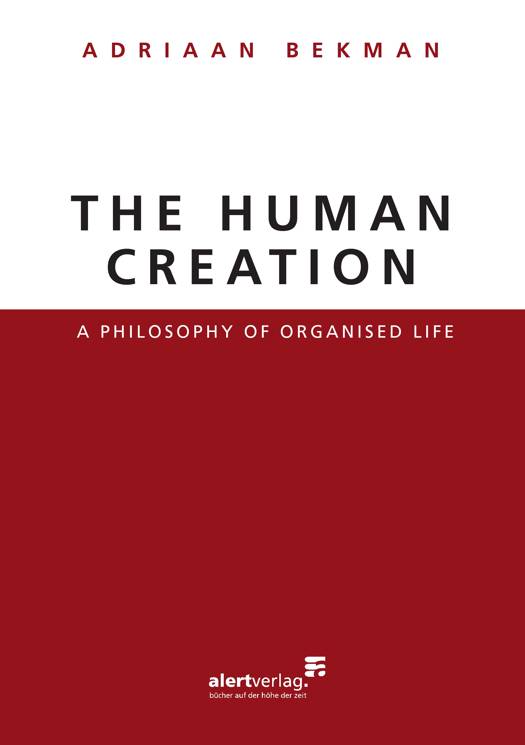
- Afhalen na 1 uur in een winkel met voorraad
- Gratis thuislevering in België vanaf € 30
- Ruim aanbod met 7 miljoen producten
- Afhalen na 1 uur in een winkel met voorraad
- Gratis thuislevering in België vanaf € 30
- Ruim aanbod met 7 miljoen producten
Zoeken
€ 13,99
+ 13 punten
Omschrijving
All leaders of organisations I meet live with the question: "How can I motivate my people that they deal themselves, out of their own sense of responsibility, with the work challenges they meet, the goals they strive towards, the changes they experience, and that they take the right initiatives?"
Co-workers I meet in organisations live with the question: "How can I make sure that they will listen to us, so that finally we can share the real problems we are facing in the work: what are they all doing up there creating changes all the time?"
In this book we explore a new methodology for handling the gap between bosses and workers, in particular a methodology that supports the way we deal together with complex changes of organisations, with 'slow questions' that have no easy answers. This methodology meets the inner inspiration that shows itself in the outer movement. It is connected to recent developments in social sciences that are characterised in this book. It is also connected to the practices of leaders in organisations that search for and find new ways for dealing with resistant change issues and processes and with 'slow questions in swampy circumstances'.
Co-workers I meet in organisations live with the question: "How can I make sure that they will listen to us, so that finally we can share the real problems we are facing in the work: what are they all doing up there creating changes all the time?"
In this book we explore a new methodology for handling the gap between bosses and workers, in particular a methodology that supports the way we deal together with complex changes of organisations, with 'slow questions' that have no easy answers. This methodology meets the inner inspiration that shows itself in the outer movement. It is connected to recent developments in social sciences that are characterised in this book. It is also connected to the practices of leaders in organisations that search for and find new ways for dealing with resistant change issues and processes and with 'slow questions in swampy circumstances'.
Specificaties
Betrokkenen
- Auteur(s):
- Uitgeverij:
Inhoud
- Aantal bladzijden:
- 308
- Taal:
- Engels
Eigenschappen
- Productcode (EAN):
- 9783941136427
- Verschijningsdatum:
- 14/12/2016
- Uitvoering:
- E-book
- Beveiligd met:
- Digital watermarking
- Formaat:
- ePub

Alleen bij Standaard Boekhandel
+ 13 punten op je klantenkaart van Standaard Boekhandel
Beoordelingen
We publiceren alleen reviews die voldoen aan de voorwaarden voor reviews. Bekijk onze voorwaarden voor reviews.











